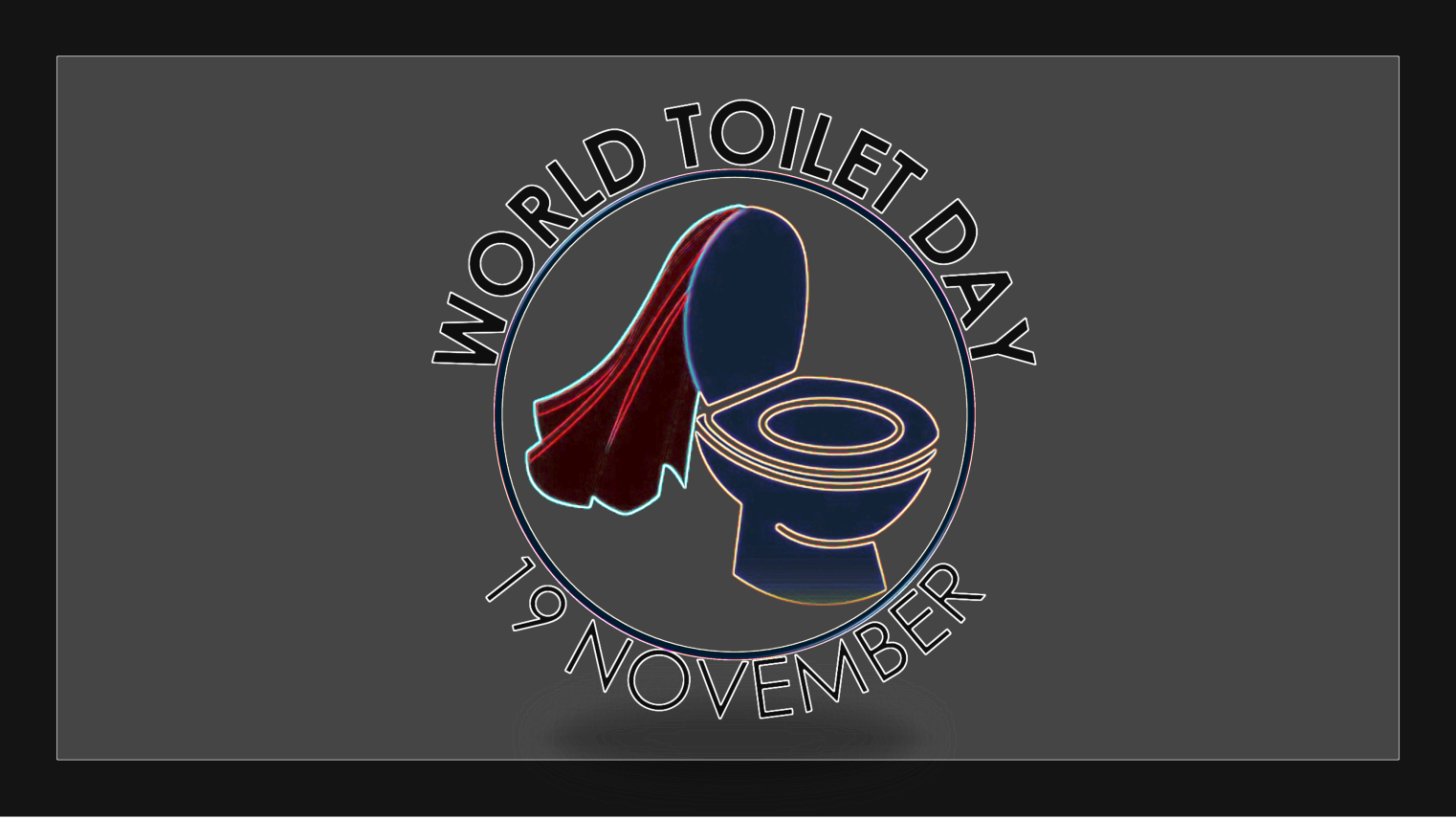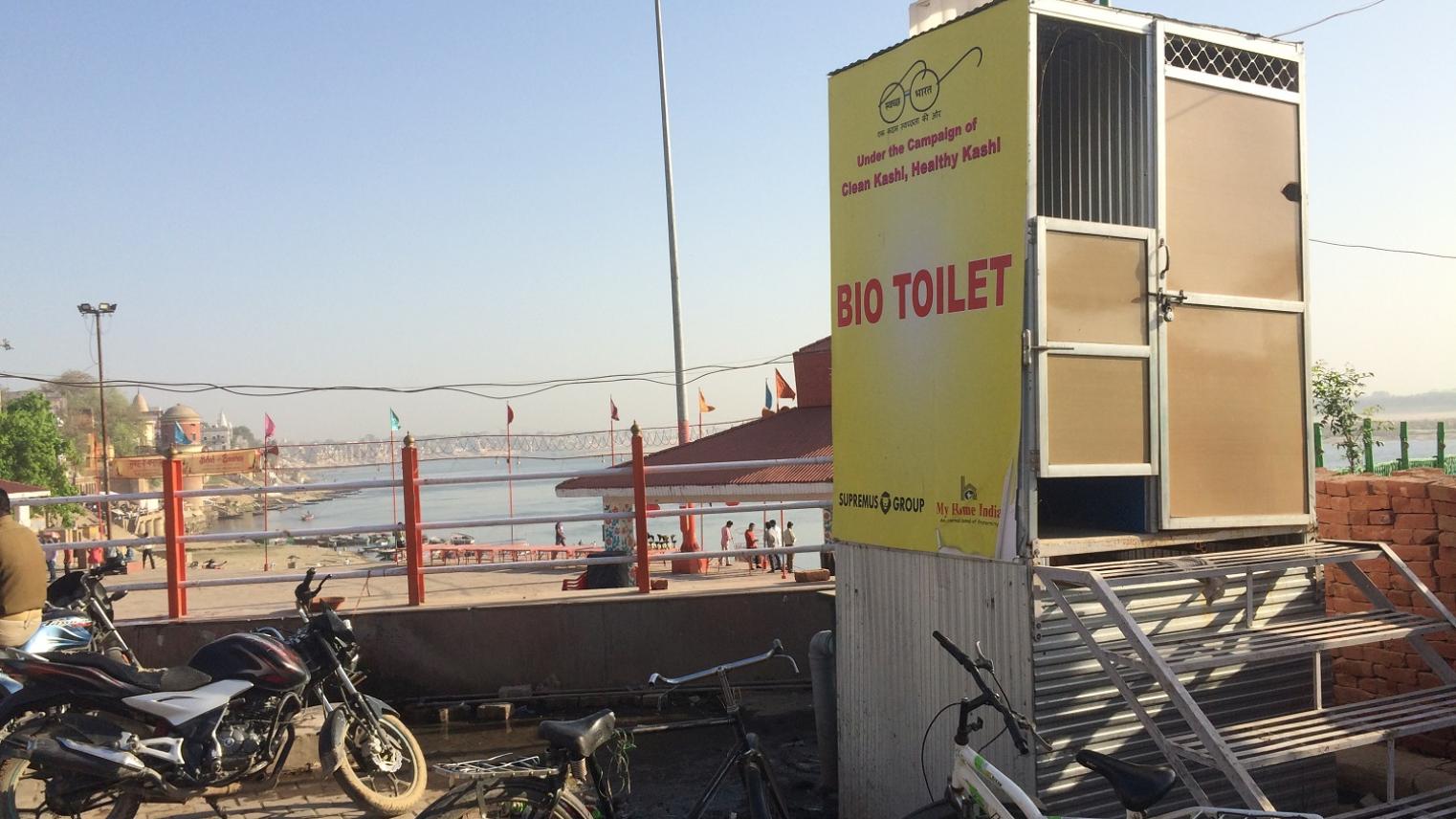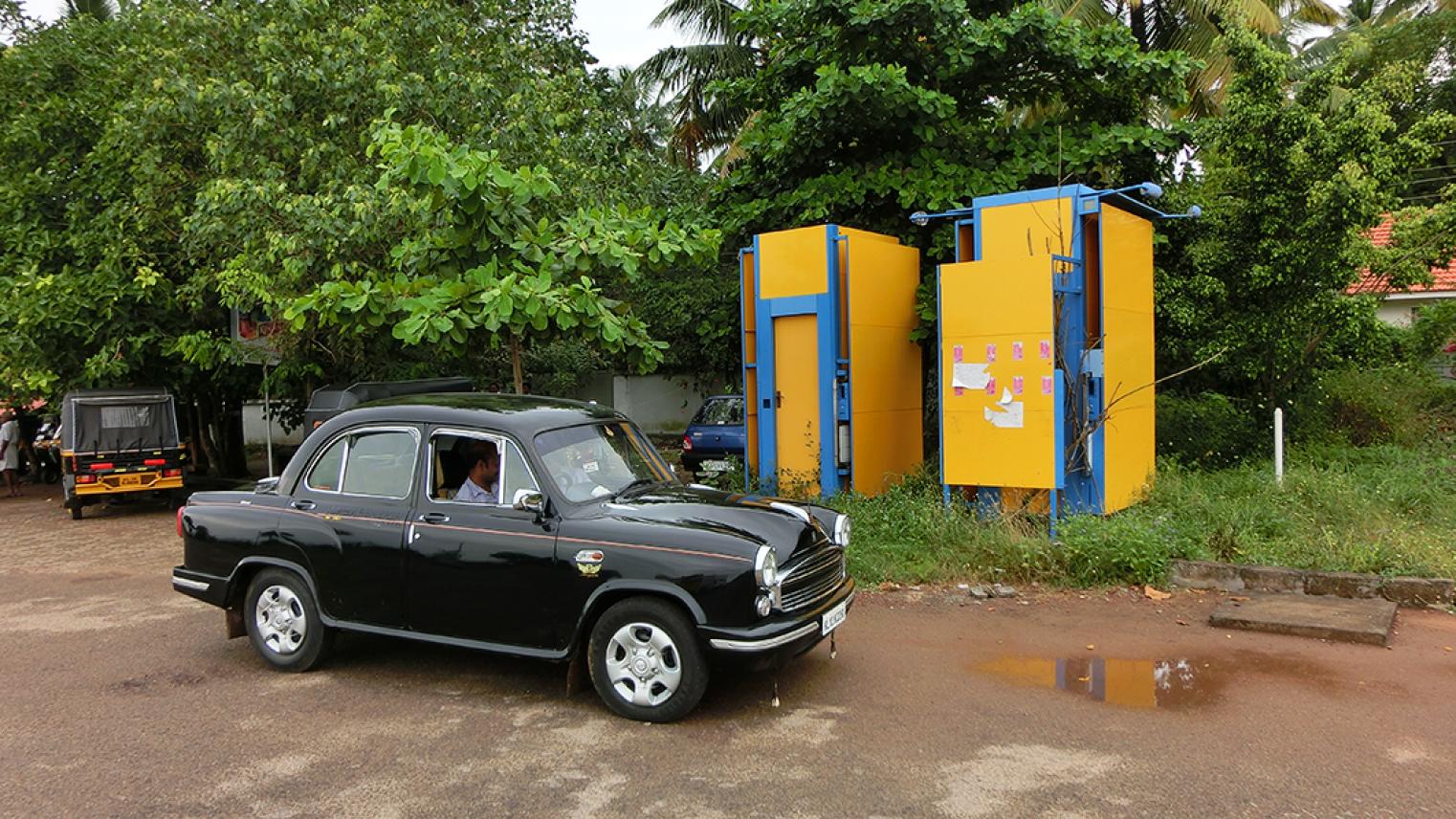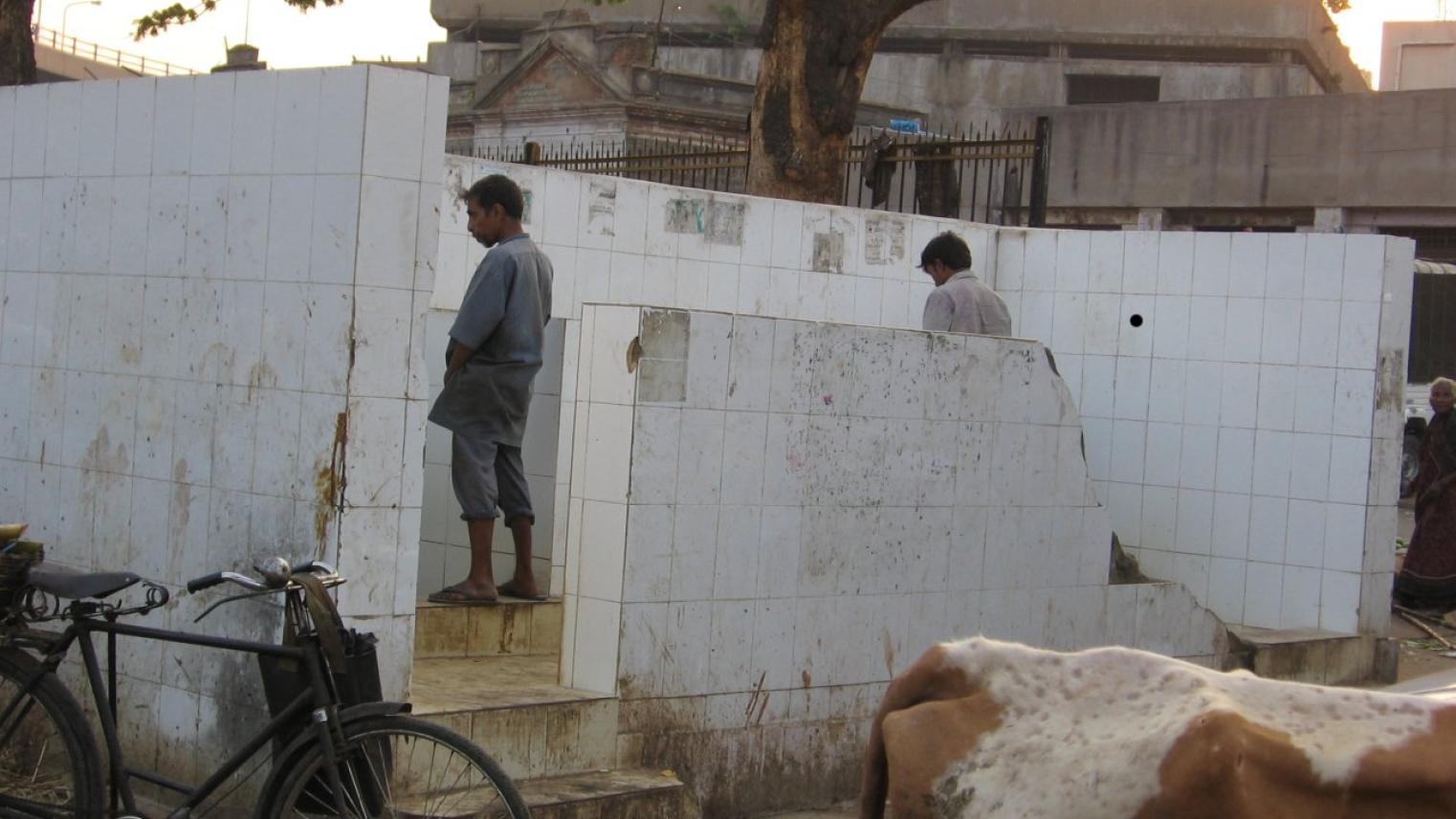World Toilet Day: Flushing Away Myths and Celebrating Sanitation

Every year on 19 November, the world comes together to celebrate an essential, yet often overlooked, element of our daily lives—sanitation. Yes, today is World Toilet Day, and while it might sound comical, it isn’t. It addresses a serious global issue.
This day is dedicated to raising awareness about the 3.6 billion people who live without safely managed sanitation and to encouraging actions that can make a difference.
The Humble Hero of Hygiene
Toilets are more than just a convenience; they are a cornerstone of public health and human dignity. Without proper sanitation facilities, communities are exposed to the spread of diseases like cholera, dysentery, and typhoid. Access to clean, safe toilets can drastically reduce the incidence of these diseases, saving lives and improving health outcomes.
Innovation with Social Change
World Toilet Day has highlighted innovative solutions in sanitation. From eco-friendly composting toilets to water-efficient designs, the focus is on sustainability and accessibility. These innovations not only help the environment but also provide viable options for communities with limited resources.
That said such initiatives, says Professor Assa Doron from the ANU School of Culture, History & Language, often miss the mark by focusing too much on technical solutions.
“Efforts to address open defecation overwhelmingly promote technical solutions, resulting in millions of unutilized toilets littering the landscape,” write Doron and Raja in their provocatively titled piece, “The Cultural Politics of Shit.” The real challenge lies in changing attitudes and breaking down social barriers.
The reality on the ground, so to speak, is that open defecation continues. Researchers found that there was a big difference between building toilets and having them used and maintained. India’s 110 million new toilets are an excellent step forward, but they also need water, and the pit toilets favoured by the campaign must be properly built or they become cesspits leaching faeces into the groundwater.
Despite the Clean India Mission, a rapidly urbanising and densely populated India still lacks basic sanitation facilities. The catchphrase “behavioural change” rings hollow when enduring cultural prejudices relating to religion, caste, gender and class are allowed to persist.
Breaking the Taboo
Talking about toilets might make some people uncomfortable, but breaking the taboo is crucial for progress. Open discussions lead to better understanding and advocacy. It’s important to recognize that sanitation is a human right, and achieving universal access requires collective effort and commitment.


Toilets and Superbugs
World Toilet Day also falls within the Week of Antibiotics Awareness—an apt coincidence, as these are both pressing and interconnected issues. The lack of basic sanitation for the world’s poor exacerbates the spread of infectious diseases, while the rise of "superbugs"—bacteria resistant to some or all antibiotics—further complicates treatment. Together, these challenges highlight the urgent need for improved sanitation infrastructure and responsible antibiotic use to safeguard global health.
In 2014, Indian Prime Minister Narendra Modi launched the Clean India Mission (Swachh Bharat Abhiyan), pledging to eradicate the widespread practice of open defecation, which still involved over 500 million people daily. Despite these efforts, many open toilets and septic tanks remain managed by Dalits (formerly of the "untouchable" caste), traditionally tasked with handling polluting materials like human waste and carcasses. These oppressive practices persist, reflecting deep-seated caste hierarchies and raising critical questions about the most effective ways prevent such practices.
To eliminate open defecation, a toilet-building drive began, with the target of achieving an Open Defecation Free India by Mahatma Gandhi’s 150th birthday on 2 October 2019. The Economic Times cited, “The world is felicitating India for constructing more than 11 crore toilets [110 million] in sixty months, helping more than sixty crore [600 million] people to use toilets.”
In many ways, the "toilet revolution" symbolized India’s growing confidence in its pursuit of the long-promised goal of “development for all.” Professor Doron, whose research centres on open defecation, sanitation, and public health in India, emphasizes that eliminating open defecation remains crucial for addressing systemic issues such as poor hygiene, malnutrition, stunted child growth, gender inequality, cognitive development challenges, and infection control.
However, Modi’s medicalised, developmental view of the problem derived from an approach to public health that favoured government control and expert design, says Doron. This top-down strategy meant that the state and corporations took the lead in protecting and controlling the conduct of citizens. Those who questioned this campaign risked being cast as anti-national, and people caught relieving themselves outdoors were targeted, punished or publicly shamed for their wayward behaviour. Technical solutions were more appealing than tackling the dynamics of poverty and disadvantage.


Fun Facts About Toilets
- Toilets Save Lives: Proper sanitation can reduce diarrheal disease by up to 37.5%.
- Historical Importance: The first flushable toilet was invented by Sir John Harington in 1596.
- Toilet Museums: Both India and Japan have museums dedicated to the history and evolution of toilets.
- World Records: The world’s largest toilet complex, with 1,000 toilets, is located in Chongqing, China.
- Creative Designs: There are gold-plated toilets, toilet-shaped houses, and even musical toilets that play tunes when you flush!
This World Toilet Day let’s flush away ignorance and spread the message of sanitation for all. Celebrate the toilet—the unsung hero of hygiene!
How Can You Get Involved?
- Educate: Share facts and statistics about global sanitation issues to raise awareness.
- Advocate: Support policies and initiatives that aim to improve sanitation infrastructure.
- Donate: Contribute to organizations working to provide sanitation solutions to those in need.
Participate: Join local events or campaigns that focus on World Toilet Day.
